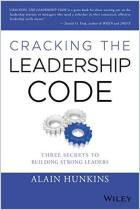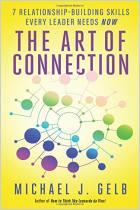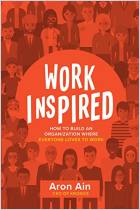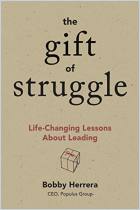Michelle K. Johnston makes a persuasive case for the power of connection. In the past, exercising direct power and giving commands may have defined leadership. That no longer works. The best leaders succeed by connecting with their teams, empathizing and honestly being themselves. Driving for perfection or trying to project an image of perfection and demanding the same of your team raise stress levels. That is not conducive to the teamwork necessary for organizational success. Johnston’s advice will aid any leader who needs to motivate others, from team captains to CEOs.
In the past, leaders could work their will through power and control. That’s obsolete.
Leaders whose followers suspect them of being inauthentic can lose their jobs in short order. Authenticity, trust and emotional connection became even more important during the COVID-19 pandemic, when leaders had to establish emotional connections with dispersed teams working from home. This was not leadership as usual. Connection has superseded power.
The first and most important connection to make is with yourself. This requires accepting yourself completely without embarrassment or shame. Shame disconnects you from yourself, and those who disconnect from themselves also disconnect from others. People need connection and can experience something akin to physical pain without it. Hard-driving, perfectionist, type A leaders tend to be extremely demanding of their employees to little positive effect.
Your life, even the unpleasant parts, holds many lessons.
Own your story.Honestly and compassionately review the events that shaped you. Sometimes sharing your difficulties and vulnerabilities can project authenticity and help others connect...
Dr. Michelle K. Johnston, the Gaston Chair of Business at Loyola University New Orleans, is a management professor, executive coach and leadership expert. She is a member of the 100 Coaches group, a worldwide organization of executive coaches.

















Comment on this summary or Start Discussion
don’t make or break your job success, such as hobbies."
yikes. i want to assume that this is a bad summary moment and not an actual chapter in a book about leadership talking about women using self deprecation as a "leadership tool to build connection" and being told to leave emotions to their hobbies. :s